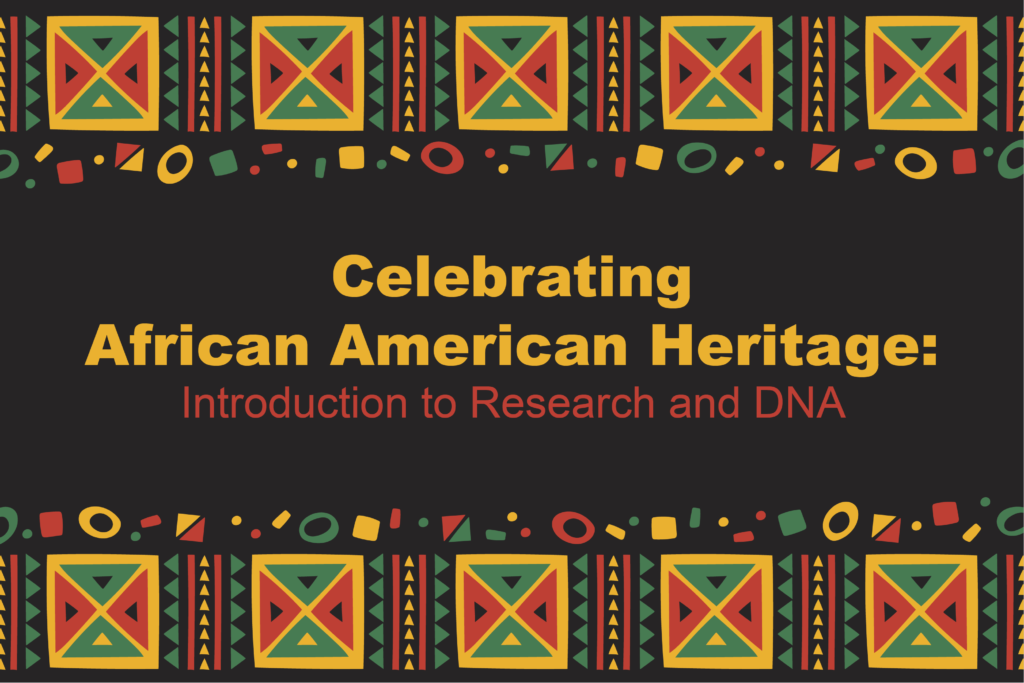Researchers unlock forgotten and untold African American genealogy
With more than 40 years of “dabbling” in genealogy, Roberta Ridley still finds stories about her ancestors that take her breath away.
Roberta says she discovered her great-grandfather was taken as a prisoner of war during the Civil War by the Union because he was enlisted as a servant to the man he was enslaved to.
Daniel Ridley was owned by Confederate Sgt. Christopher Ridley, who also was captured by the Union.
Roberta says her great-grandfather was then given a choice by the Union: stay with the man he was enslaved to as a POW, or to go to Tennessee and be free.

“The fact that I found that all documented, was amazing,” Roberta says.
Ultimately, Daniel decided to leave the man with whom he had spent his entire life to go to Tennessee, where he joined the Union army for the rest of the war.
< < 5 p.m. Monday — Celebrating African American Heritage: Introduction to Research and DNA > >
Roberta says these stories are out there to be found. Along with her African American Genealogical Society of Fort Wayne colleague Adrian Wells, they will talk about how it can be found during a special program at 5 p.m. Monday, June 20. The event will be at Elkhart Public Library downtown.
Roberta is retired from Allen County Public Library, where she worked as a genealogist and still volunteers. She founded the African American Genealogical Society of Fort Wayne in 2010.
Researching African American heritage is difficult because of the lack of records before Emancipation, she says.
“The majority of African American people don’t show up in Census records until 1870, the first Census after the Emancipation,” Roberta says.
“They weren’t documented in that way, other than in wills and court transcripts used to trade and to keep them enslaved.”
Roberta says her goal with the program is to help other African Americans leave with the steps and research tools they need to begin looking for their ancestors.
“What information you have to harvest before you even start, how do you initiate research, who you should be talking to, and other research that helps you build a story,” she says. “I want them to walk away empowered to start their own search.”
Adrian will focus on genealogical DNA testing, how it works and how people should use it to uncover more of their story.
“Using it to break down brick walls in your research, is how I put it,” he says.
DNA ancestry is a key piece of the puzzle, according to Roberta.
“We highly encourage people to do the physical search through Ancestry.com and other sources,” she says. “(But) you need to do the DNA side to really find out who you belong to that you didn’t know existed.”
The ultimate goal is breaking through and finding the stories that have been almost lost to time.
“We’re trying to tell the story of the ancestors, that they can’t tell ourselves,” Roberta says.
Celebrating African American Heritage: Introduction to Research and DNA is at 5 p.m. Monday, June 20, at the Downtown Library.